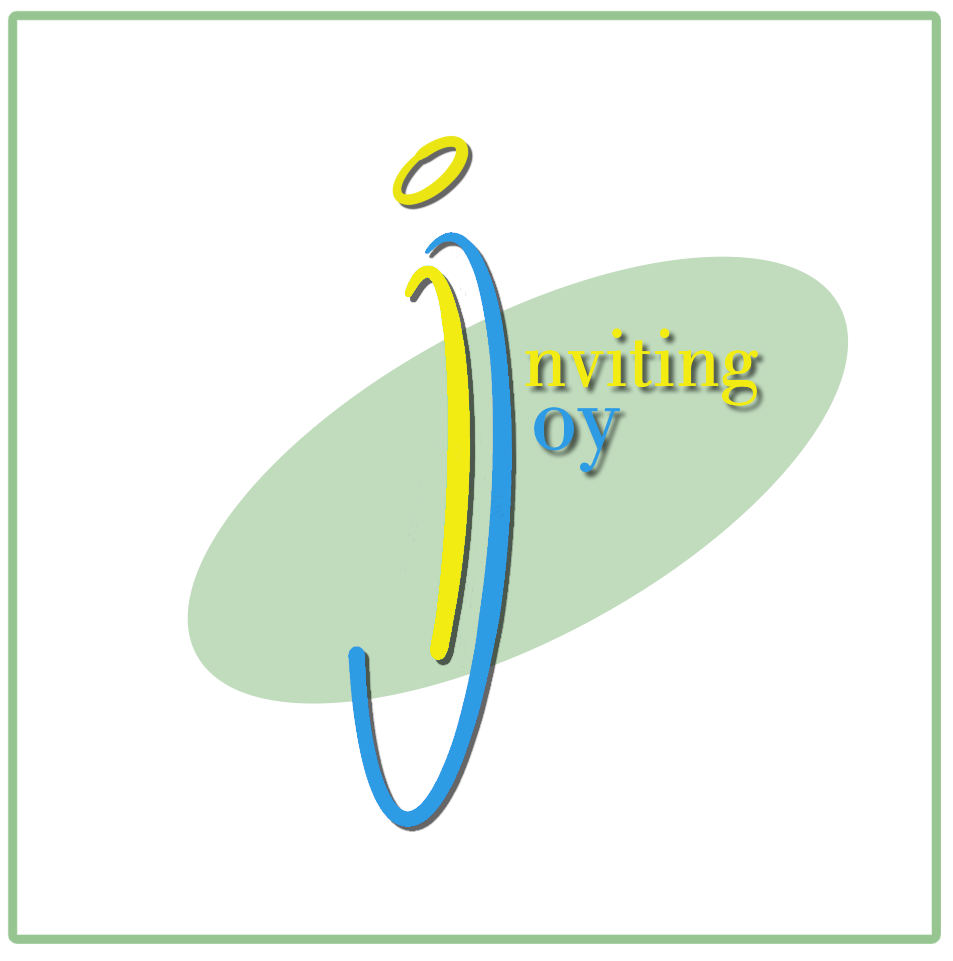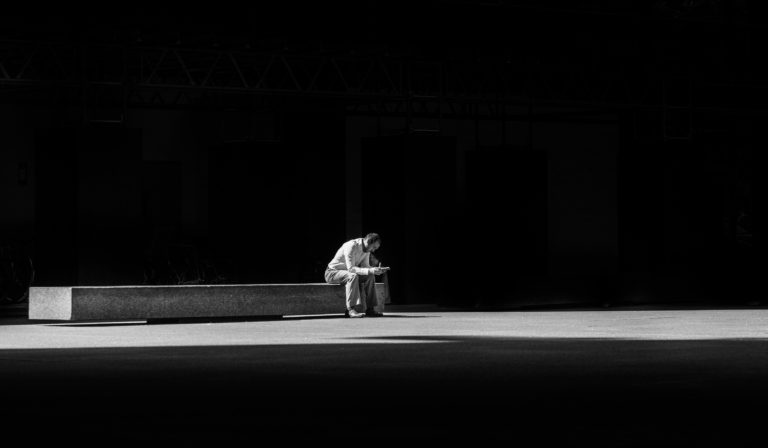The Greatest of These is Love
In Paul’s famous love chapter, 1 Corinthians 13, he’s writing to a group of people who have multiple disagreements and divisions. This snippet of Paul’s letter has become the focus of poems, cards, and wedding ceremonies, so the context can easily get lost in all the sentimentality. Although it’s often called “the love chapter” only a few verses in the middle of it get the focus.
This church in Corinth is on the verge of splitting into four churches because of their differences. When our priorities are misplaced, we’re often the last to know. Paul writes this section because they are missing the whole point.
Love > Acts of Devotion
This chapter starts out describing good deeds someone might do to show their devotion. Paul emphasizes the importance of doing our acts of devotion with love. He then moves on to describe perfect love. This could be a Ted Talk to encourage groups that are crumbling from division.
After each act of devotion, Paul sums up the action by saying, if it’s done without love, it is nothing. Paul does have a flair for drama, so, is he just making a point? Is it better to stop doing good things if we’re apathetic? Let’s think about what he’s saying. There will come a time when our good deeds and all of our impressive actions will come to an end. The underlying elements of faith, hope, and love will remain in the afterlife—the greatest of these being love.
So, if our impressive good deeds aren’t done with love, nothing about these deeds will survive. It is love that lasts. Love builds community, relationships, and people. Acting out of love allows us to be known just a little more and to see each other a little clearer.
Love Builds Community
The more we know a person, the harder it is to love them like this. As relationships deepen, we experience disappointment, disagreement, or simply misunderstanding. We focus on correct thinking at the expense of loving the other. These grate against our ability to love. This is where the rubber meets the road. When we persist in healthy love, our relationships become stronger. This kind of love is a response to many of the problems that plague this Corinthian community as well as our own.
Ultimately, this is describing the way God loves us—God’s unshakable love for us. When we receive this love that God has for us, we can then let God’s love flow through us to others. So let’s slow down and see the people around us as the beloved people that they are.
Do you find it easier to perform acts of devotion than to consider how to love others more genuinely?
Photo credit: by Dimitar Belchev on Unsplash






